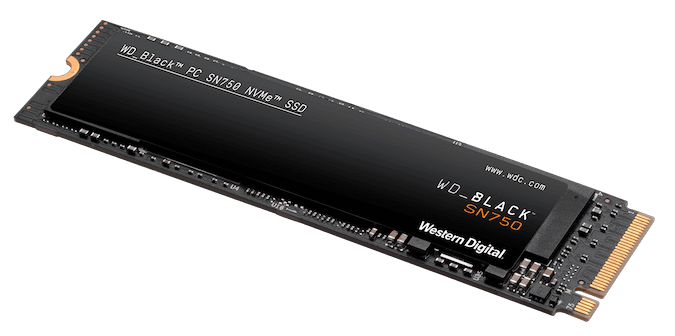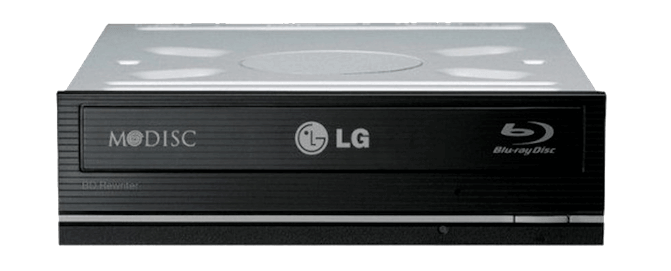When you are ready to ditch your streaming services and build your own in-home multimedia server, you have a lot of options. Investing in a prebuilt machine is a good option if you aren’t tech-savvy, but for an equivalent cost you can build your own Plex media server that puts any pre-built option to shame.
If you want to buy the individual components and build a Plex media server yourself, you just need the right parts. Keep in mind that this build is designed for performance, not cost. The build may be a bit pricey, but it will perform admirably.

CPU (AMD Ryzen 5 3600)
Plex is more intense on the CPU than any other component. Your CPU requirements will vary depending on the kind of content you want to stream, the number of users, the exact version of Plex, and other variables.
Plex recommends a minimum of an Intel Core i3 or faster, but if multiple people will stream at the same time, look for a CPU with solid multi-core performance.

We recommend the AMD Ryzen 5 3600. At just over $170, it has 6 or 12 cores, a base frequency of 3.8 GHz, and a boost speed of 4.4 GHz—all for a thermal design point, or TDP, of 65W. Plex can utilize every core, but if you are only transcoding one video at a time, it can use all of the cores to complete the process much faster.
RAM (Corsair Vengeance 8GB)
Plex doesn’t use much RAM at all. For the average user, 2GB is more than enough. Of course, in the modern world, 2GB of RAM is just pitiful. Rather than leaving it at 2GB, invest in 8GB of RAM. Make sure the RAM you choose is compatible with your CPU, however.

For that, we recommend Corsair Vengeance. A single 8GB stick can be purchased for just $40 and will work with no compatibility issues with the Ryzen 5 3600.
Storage (HP S700 | WD Black SN750)
Even though it can be tempting to lean toward an HDD due to the low cost of storage, Plex operates best on an SSD. Your entire library doesn’t have to be accessible all at once. You can always use an external drive to access some media, provided you have a USB 3.0 port.
Without an SSD, you run into lag while trying to navigate menus within the Plex software. Unfortunately, you can’t skimp on SSDs, either. When it comes to storage, you want a reliable brand that won’t fail or corrupt your data.

The HP S700 is a solid choice if you want a SATA connected drive, with 512GB capacities available from $78. Keep in mind that its SATA connection means it won’t be as fast as more modern connection types, however.
If you want an NVMe SSD, then the Western Digital Black SN750 is your best bet. It’s pricier, with 250GB drives starting at $64, but it ties in directly to the motherboard and gives you much faster access to all of your favorite movies and TV shows.
PSU (EVGA 600W 80 Plus)
Just like with storage, you do not want to skimp on your power supply. A cheap power supply turns your media server into a time bomb. You will also want to invest in a modular power supply. Although it is largely a matter of personal preference, modular power supplies are easier to work with to allow for more flexibility in your build.

We recommend the EVGA 600W 80 Plus Power Supply. For just $60, you get a PSU that is both ATX 12V and EPS 12V compliant and has an intelligent auto fan to keep your temperatures cool without compromising performance. It has more than enough power to keep a Plex media server going.
Disc Drive (LG Super Multi Blu-Ray Disc Rewriter)
Wait a minute, you might say. It’s 2020—is a disc drive necessary? If you’re going to transfer physical media to digital, it absolutely is. Since so many people have massive physical libraries, especially if you are just entering the Plex world, a disc drive is necessary.

We recommend the LG Super Multi Blu-Ray Disc Rewriter. It’s $66 and fits in the likely-empty bay at the top of your PC case. You can use it to rip Blu-Ray discs and DVDs to a digital format.
Case (Thermaltake Versa H22)
The Thermtake Versa is a “gaming” chassis, but all that means is that it has a lot of airflow—perfect for a server you may have running for hours on end. There are up to six 2.5” bays for stuffing drives into and plenty of space to work in.

If you’re new to PC building, you will appreciate the space. If you’re an old hand at building a PC, then you’ll appreciate the flexibility this case offers. It’s not the most attractive option out there (and not a great choice if you want to RGB-up your Plex media server.)
There are multiple I/O ports along the case and a single, pre-installed 120mm fan. Combined with the CPU fan, this should be more than enough to keep your components cool.
Other Components
These are the main components to keep in mind while you build your Plex media server, but others are not so critical. For example, the motherboard. While important, as long as it is compatible with your CPU and RAM, it’s hard to go wrong. The same goes for any other internal fans you want to invest in.
In general, Plex works best with Windows operating systems, although it has a broad range of compatibility with other systems including macOS and Linux.
The total cost of this build will run you around $400, but it will perform better than any prebuilt of the same price. If you want to try building your own Plex media server, use this article as a guide. You don’t have to match it part for part, but keep the requirements in mind as you choose your own parts.
from Online Tech Tips https://ift.tt/2XG4lwf
No comments: